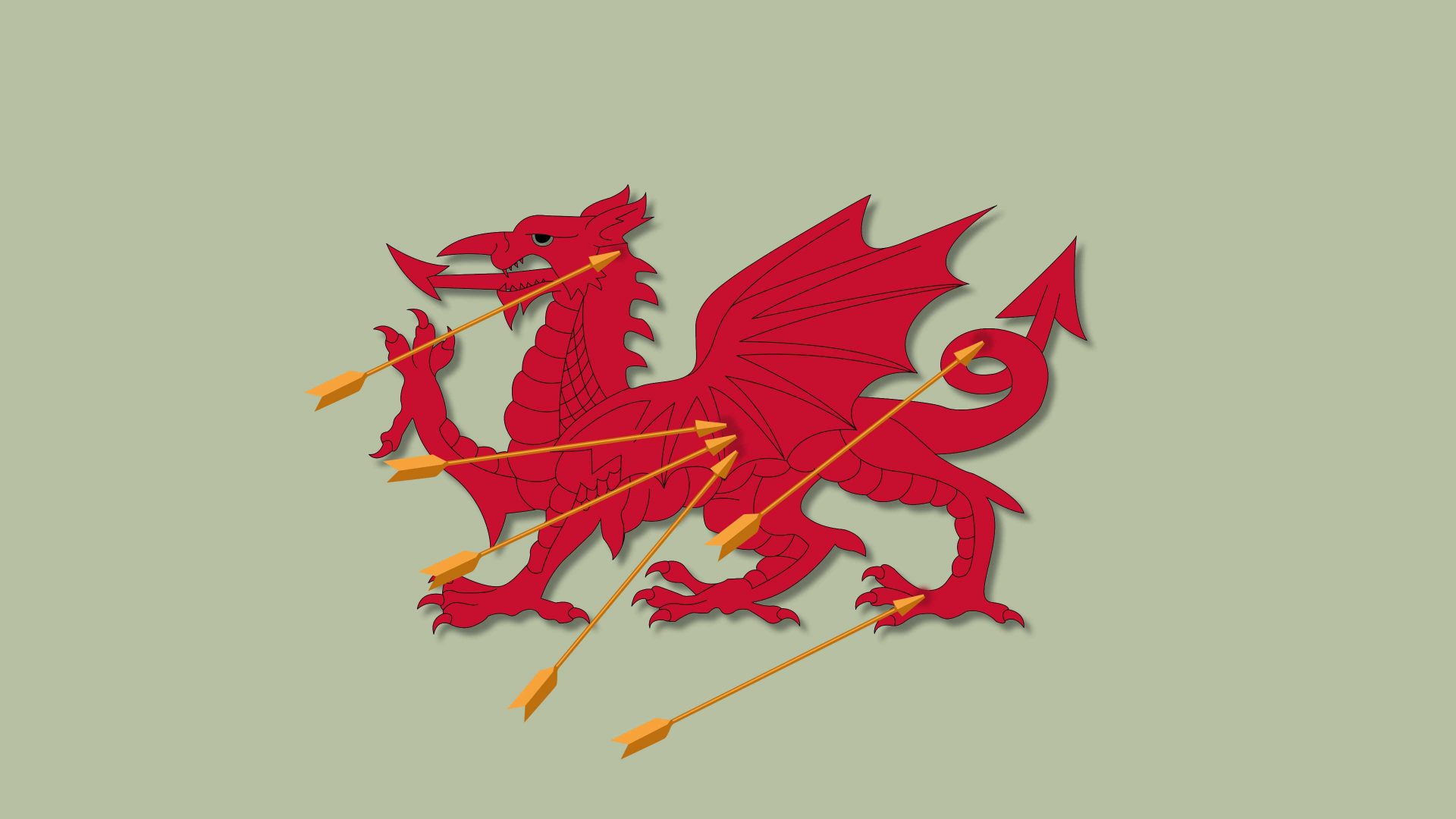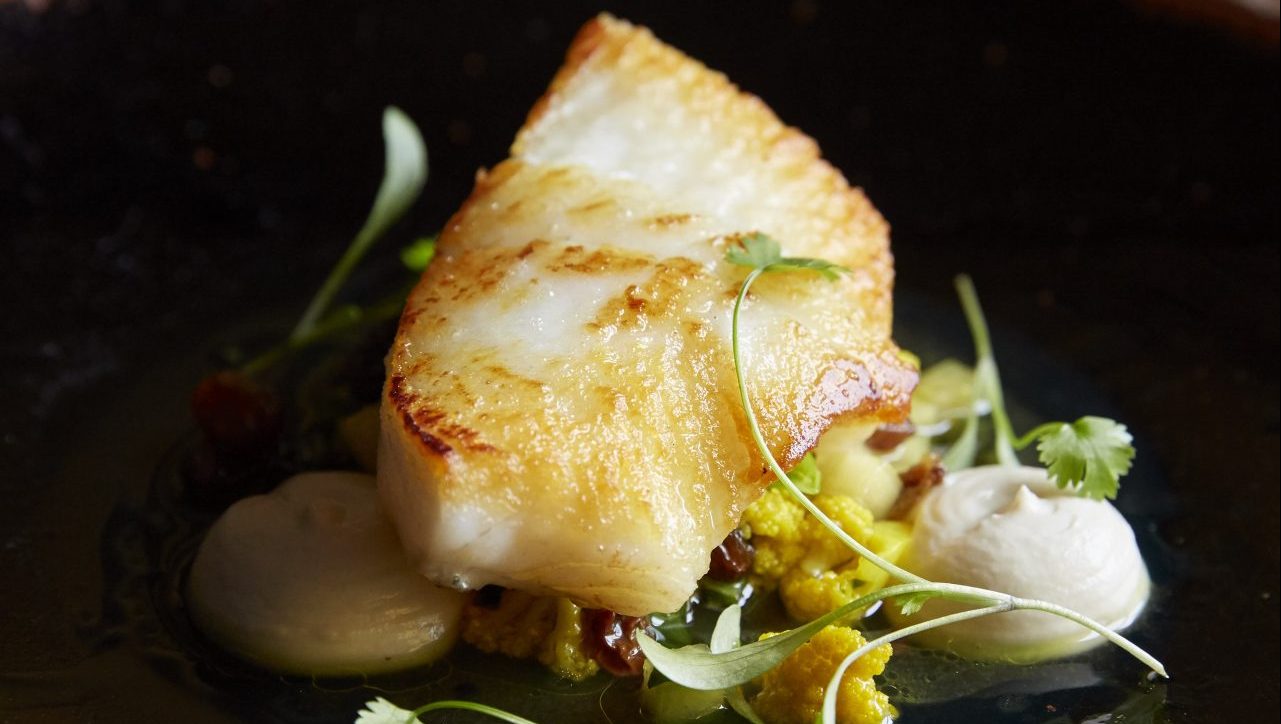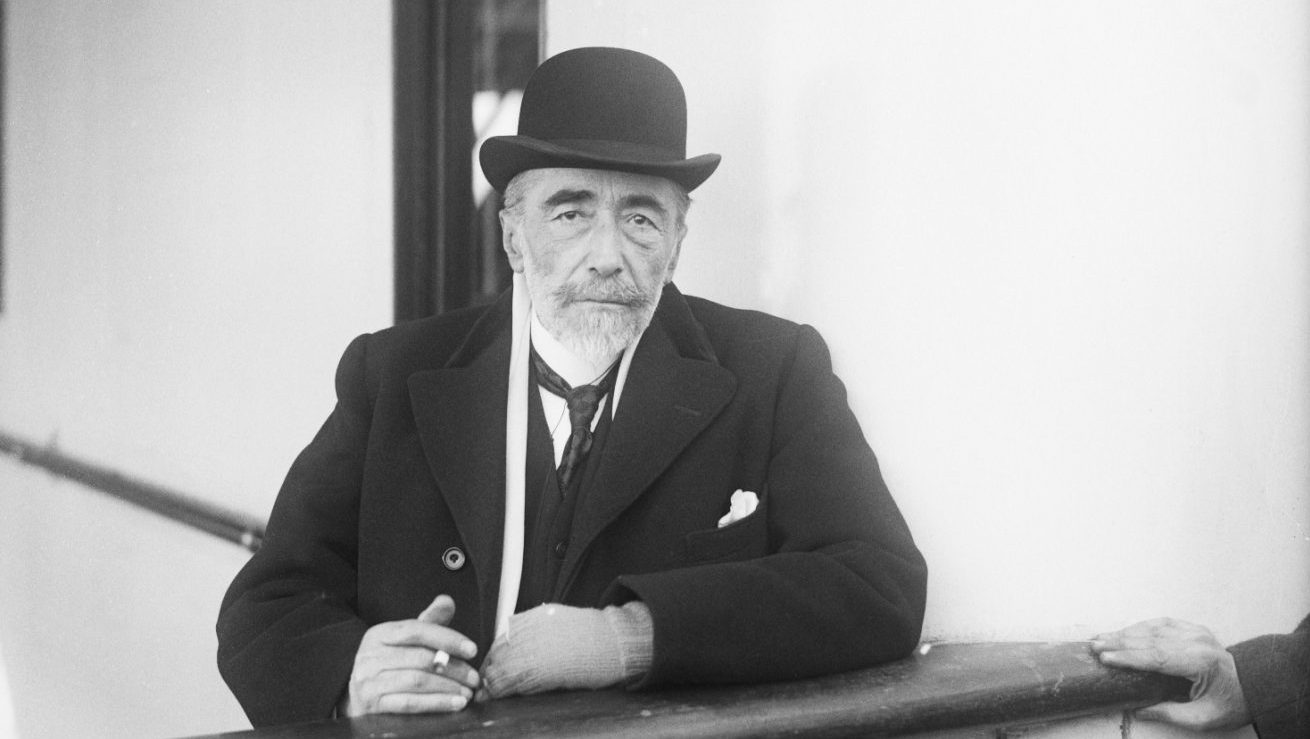There have been three major battles on British soil which have helped to decide the linguistic future of this island. The first and probably most important encounter was the Battle of Catraeth, which was an Anglian stronghold on the site of Catterick, North Yorkshire, which took place in about 600 AD between an army of men who spoke Brittonic Celtic, the ancestor of modern Welsh, and a force who spoke Anglo-Saxon, the ancestor of modern English. This latter army included fighters from both Bernicia, the Anglian kingdom with its capital in Bamburgh, and from Deira, the Anglian kingdom with its capital in York.
The attacking Brittonic forces were led by the Edinburgh-based Gododdin people, who were descendants of those Ancient Britons called the Votadini by the Romans. Their army also contained warriors from Gwynedd in north Wales and from all over Hen Ogledd “the Old North” – those areas of Scotland and northern England still under Brittonic control, including possibly the Pictland area of Northern Scotland. They were totally defeated by the Angles, and almost all of the Britons were killed. This battle was commemorated by the famous Brittonic poet Aneirin, who was probably based at the royal court of the Gododdin in Edinburgh, in his epic poem of lamentation Y Gododdin. Some records indicate that Aneirin was the son of Caunus and brother to Gildas, the well-known British monk.
According to this version of his life, Aneirin was born at Dumbarton on the River Clyde. However, some scholars debate this parentage, and contend that these records are of later invention and are erroneous. Whoever his father was, Aneirin’s mother, Dwywei, is mentioned in Y Gododdin. She may be the same woman who married King Dunod, who is generally thought to have ruled in the West Riding of Yorkshire. He may also have been related to another Brythonic poet, Cian Gwenith Gwawd. Catraeth was probably Catterick in North Yorkshire, once again with its military camp a place of military significance.
The second military encounter with linguistic consequences was the Battle of Orewin Bridge, which took place between the armies of England and Wales, near Builth Wells in mid-Wales, in 1282. After three substantial English armies under Edmund Mortimer had invaded Wales, the Prince of Wales, Llywelyn ap Gruffudd, led a Welsh army towards Builth in an attempt to defend the centre of the country. However, he was defeated and killed by the English during the battle, and around 2,000 Welsh men were reported to have been killed altogether.
This defeat marked the beginning of the end of Wales as an independent nation, as well as of a sustained attack on the Welsh language by the British establishment, which has sadly continued until the present day in different forms. The country came under English military and political control to varying extents and was in effect close to being a colony. However, it was King Henry VIII’s Acts of Union of 1536 and 1542 which effectively united Wales with England, and which also established the definitive location of the Wales-England border.
The most recent conflict was the battle of Culloden between the Gaelic speakers of the ultimately defeated Jacobite army and the Scots speakers and English speakers of the victorious Hannoverian British army.
In each of these three cases it was the speakers of Celtic languages who were the losers.
The Last Leader
Llywelyn ap Gruffudd, ‘Llywelyn son of Gruffudd’, was the last native Welsh-born Prince of Wales. He is therefore sometimes known to the Welsh as “our last leader”. Most subsequent Princes of Wales have in effect been Englishmen, the current incumbent and his dad being no exception.




